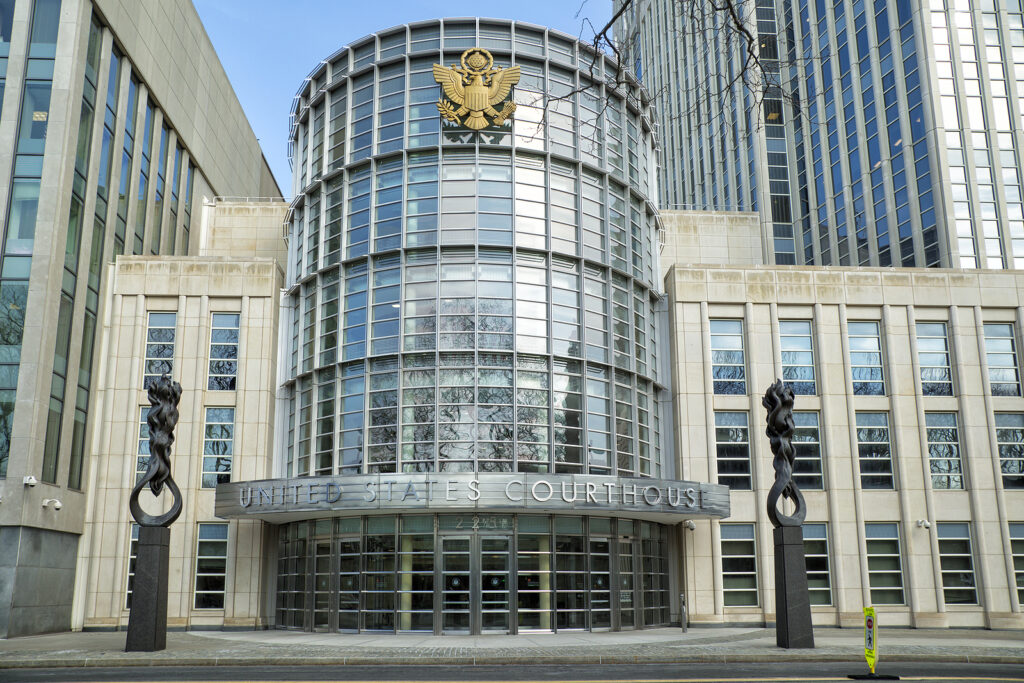
In some ways, it took a global pandemic for us to consider new ways to navigate life. This includes institutions that have been steeped in traditional procedures for decades, such as the judicial system.
While we needed to find ways to continue critical legal processes, it has actually forced us into the same century as the rest of the world and opens the possibility for judicial reform embracing new technology.
Technology and the Law: New Bedfellows?
Recently, the global law firm of Baker, McKenzie published a report entitled “The Future of Disputes: Are Virtual Hearings Here to Stay?” The report begins,
“The COVID-19 pandemic will have long-lasting effects on our society and economy. It has already forced us to re-evaluate how we socialize, work and conduct business, and has fundamentally changed the way we resolve disputes and administer justice.”
The respondents to a survey they took about the future of virtual judicial proceedings was a mixed bag, but essentially came down to a vote of “yes” to a hybridized version of implementing technology into judicial systems. But what will that look like?
Considering What That May Look Like in New York
Here in New York, the Commission to Reimagine the Future of New York’s Courts has been working on just that. The Commission was appointed last year to study how technology could serve to reform our current way of navigating the legal justice system as well as how these methods could be practically and safely implemented.
On April 5, they released two reports. The first one was focused on the ways that technology could be applied to improve trial practices amid our current situation and into the future. The second focused on paving the way to ensure that procedures would be kept safe, effective, and fair.
The first report, entitled “Report and Recommendations of the Future Trials Working Group” offered a roadmap for NY courts to evaluate the impact of technology on the system, focusing on “equal access to justice, efficiency, reliability, ease of use and financial cost.” It looked at which practices could be most greatly benefited from this technology, including transcription, trial by videoconferencing, remote testimony, and even the constitutionality of remote trial by jury.
The next steps proposed by the group went further to suggest looking at partnerships that could place the correct technology infrastructure in courtrooms, ways to ensure that uniform rules are implemented for the use of technology in the courtroom, and developing and implementing protocols and procedures for remote applications, among other matters, to further the possibility of moving the legal justice system into the 21st century.
Embracing Technology Has Forever Changed the Way We Do Business
Private industry found ways to embrace and implement technology during the pandemic, with most feeling that it will positively impact the way we do business well into the future. Perhaps the legal justice system can learn a few things from private industry that will enhance the future of our courts here in Brooklyn and throughout the state. For now, we will watch and wait.
Navigating the legal justice system can be overwhelming, even in the most normal of times. No one should face the criminal justice system alone.
If you have been charged with a crime in Brooklyn, you need a firm that will aggressively fight for your rights. At Bukh Law Firm, we have a proven track record of fighting for the rights of our clients. Contact us for a free case review.
 info@bukhlaw.com
info@bukhlaw.com




